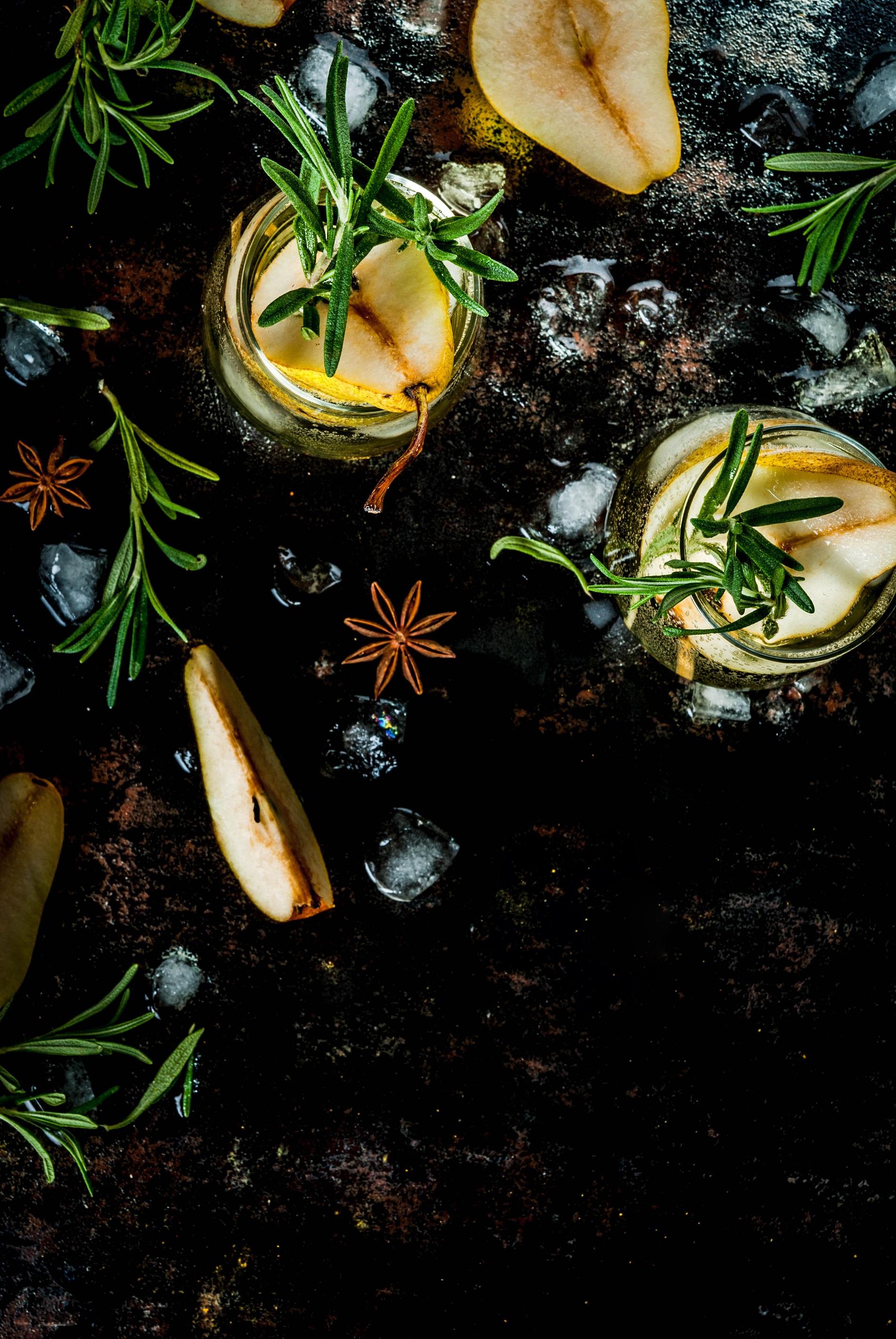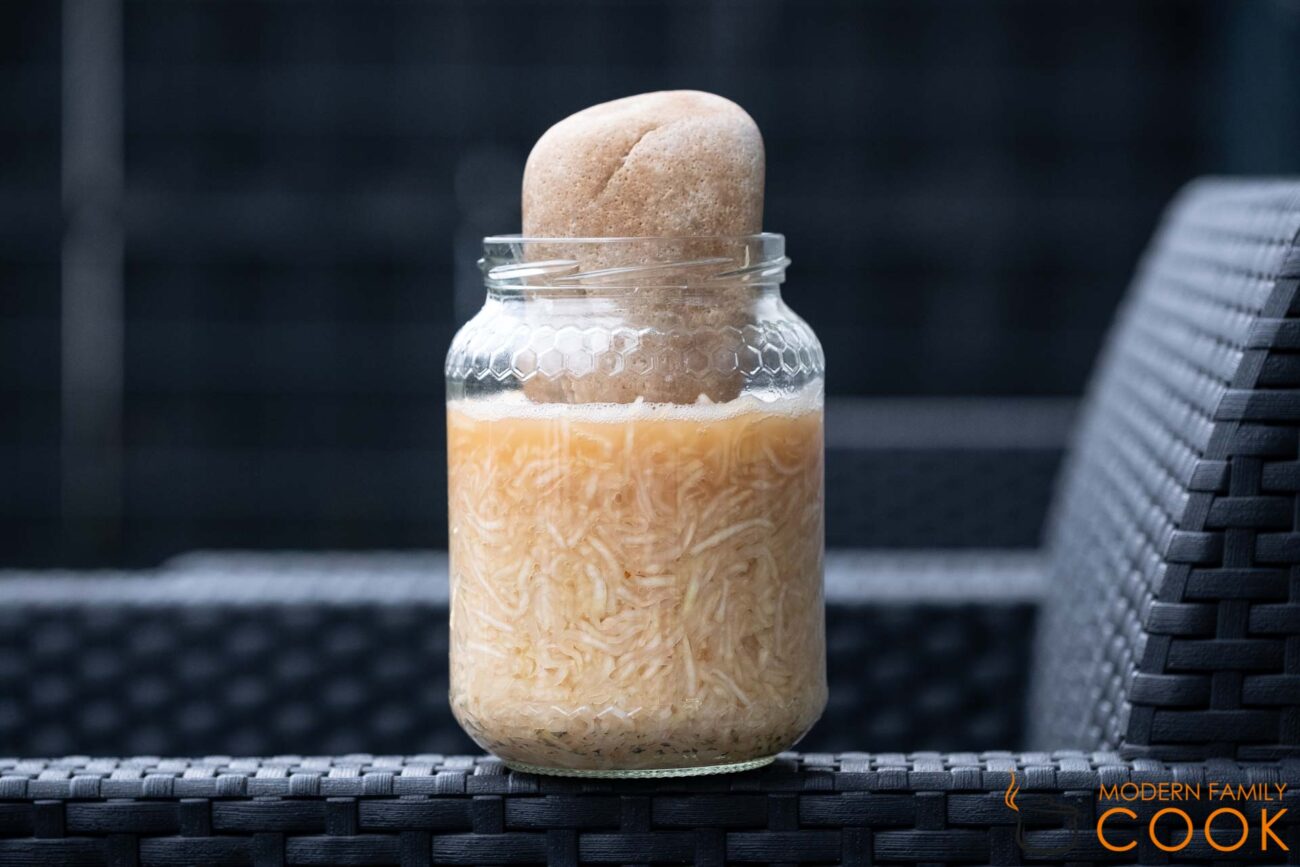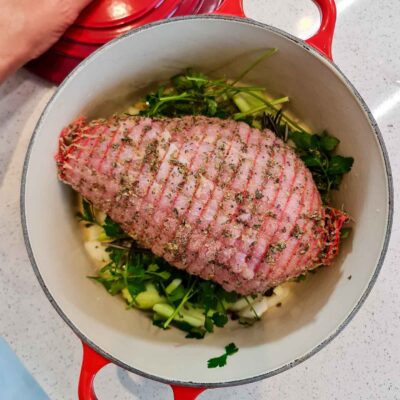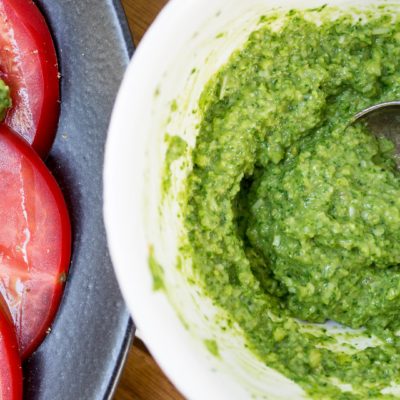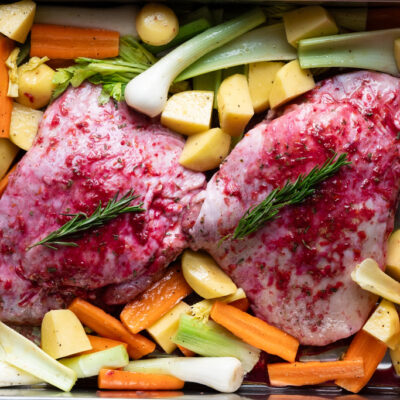Ingredients
-
500 g of Celery root
-
1/2 tbsp. of Salt
Directions
What are our best helpers in the kitchen? The microbes, of course! Easy, I mean fermentation or souring. 🙂
There is much talk about now, and rightly so! As a nutritionist, I confirm that fermented vegetables are better for digestion. They replenish our army of good bacteria in the gut (microbiome) and have a better and often more luxurious nutritional profile. That means more and more available vitamins, micro and macronutrients, plus phytonutrients. As a chef, I would say that fermentation creates unique deep flavor combinations and notes as well as prolongs the shelf life of vegetables.
You can ferment any kind of vegetable. Cabbage is our classic, but today let’s take on celery. The celery root ferments beautifully and turns out simply delicious. You can use it both as the base of a salad (for example, Winter Salad with Fermented Celery and Apples) and as an appetizer in its own right.
I highly recommend it!
Today's visits: 1.
Steps
|
1
Done
|
Peel and grate the celery root in long strips and place it in a large bowl. Then, sprinkle it with salt, mix and let it stand for 15 minutes until it starts releasing juice. |
|
2
Done
|
Now, mash it firmly with your hands until the juice comes out (just like when you make sauerkraut). You will be surprised by how juicy the celery root is! You need, as with sauerkraut, to mash until the juice starts running when the celery is squeezed in your fist, which will happen pretty quickly. But it's also important to do so since you want to ferment celery in its own juice to preserve maximum nutrients. |
|
3
Done
|
As soon as the juice appears, place the celery in a clean glass jar (together with the juice), tamp well and put some weight on top. The whole surface should be covered with liquid (juice). If this does not happen immediately, you can wait a few hours. If there is still no juice on the surface, add a little water with salt, a layer of 1 cm or less. |
|
4
Done
|
Pierce it every day in several places with a knife or stick and let the gas out. On the second day, start tasting. As soon as you like the taste, cover it and put it in the fridge. |
